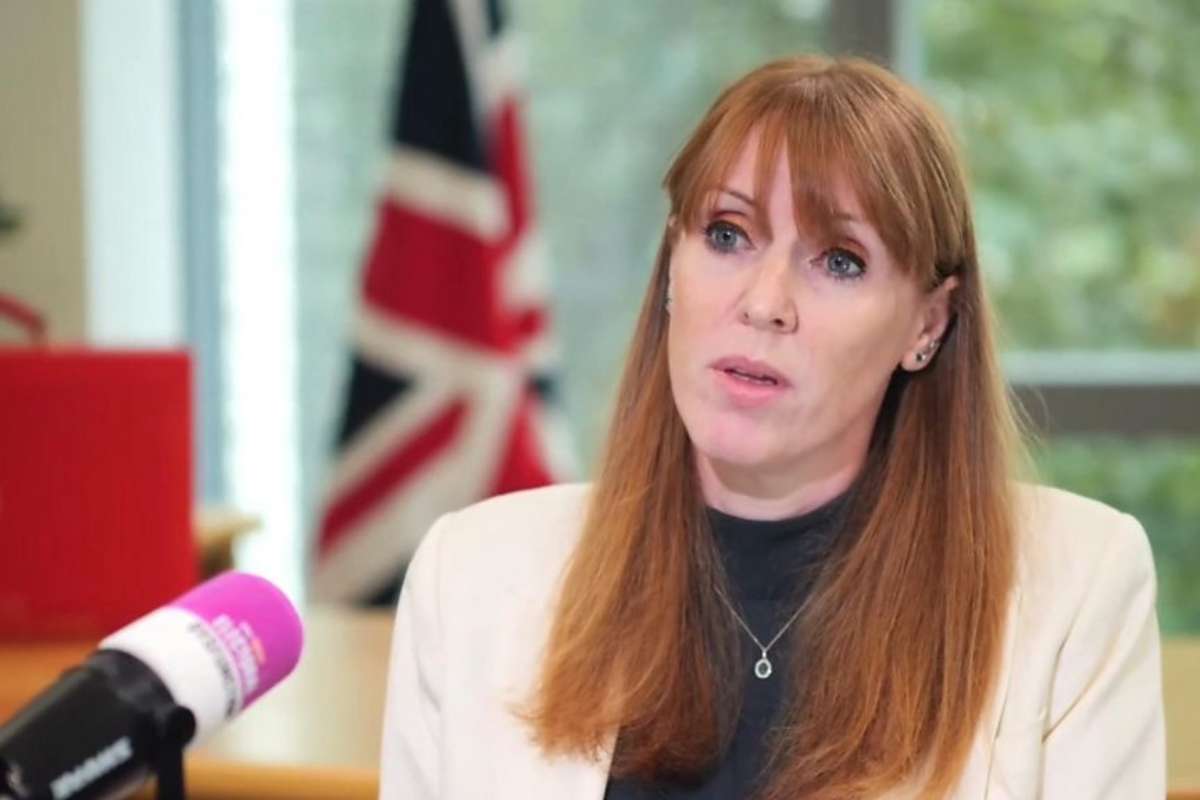Key Points:
- Angela Rayner underpaid £40K stamp duty, sparking tax avoidance claims.
- She self-referred and is working with HMRC amid political fallout.
- Starmer supports her, but Labour’s economic messaging faces disruption.
Deputy Prime Minister Angela Rayner has admitted that she underpaid stamp duty on an £800,000 seaside flat in Hove, potentially leaving around £40,000 unpaid. She initially believed she was liable only for the standard rate after receiving legal advice. However, further scrutiny revealed that the second-home surcharge should have applied, triggering accusations of tax underpayment.
The revelation has intensified after it emerged that Angela Rayner had transferred her stake in her Ashton-under-Lyne family home into a trust set up for her disabled son shortly before buying the Hove property. Critics argue that the move appeared to deliberately reduce her tax bill, raising questions about conflicting residence declarations across different tax and council systems.
Political Fallout and Calls for Accountability
The disclosure has fuelled criticism across the political spectrum. Opposition figures demanded a full investigation into whether Rayner’s arrangements constituted tax avoidance. Some described her explanation as lacking credibility, while others accused her of hypocrisy, given her long-standing attacks on Conservative politicians over tax issues.
In response, Angela Rayner has referred herself to the Prime Minister’s independent adviser on ministerial standards and confirmed that she is cooperating with HMRC to resolve the issue, including repayment of any shortfall and applicable penalties. She admitted that she had considered resigning over the matter, saying she was “devastated” by the mistake.
Starmer’s Backing and Wider Implications
Prime Minister Sir Keir Starmer has stood firmly behind his deputy, describing her decision to self-refer as the right course of action and reaffirming his pride in working alongside her. Despite his support, concerns are surfacing within Labour ranks about the political damage at a time when the party is preparing major economic announcements.
Chancellor Rachel Reeves has already set 26 November as the date for the government’s Budget, which is expected to outline measures to address rising borrowing costs and the wider strain on the economy. Against this backdrop, the controversy surrounding Angela Rayner threatens to overshadow Labour’s policy agenda and has sparked speculation over her long-term future in frontline politics.
The episode underscores the delicate balance between personal accountability and political survival, leaving Rayner fighting to defend both her reputation and her role within the government.
Visit Visionary CIOs for the most recent information.











